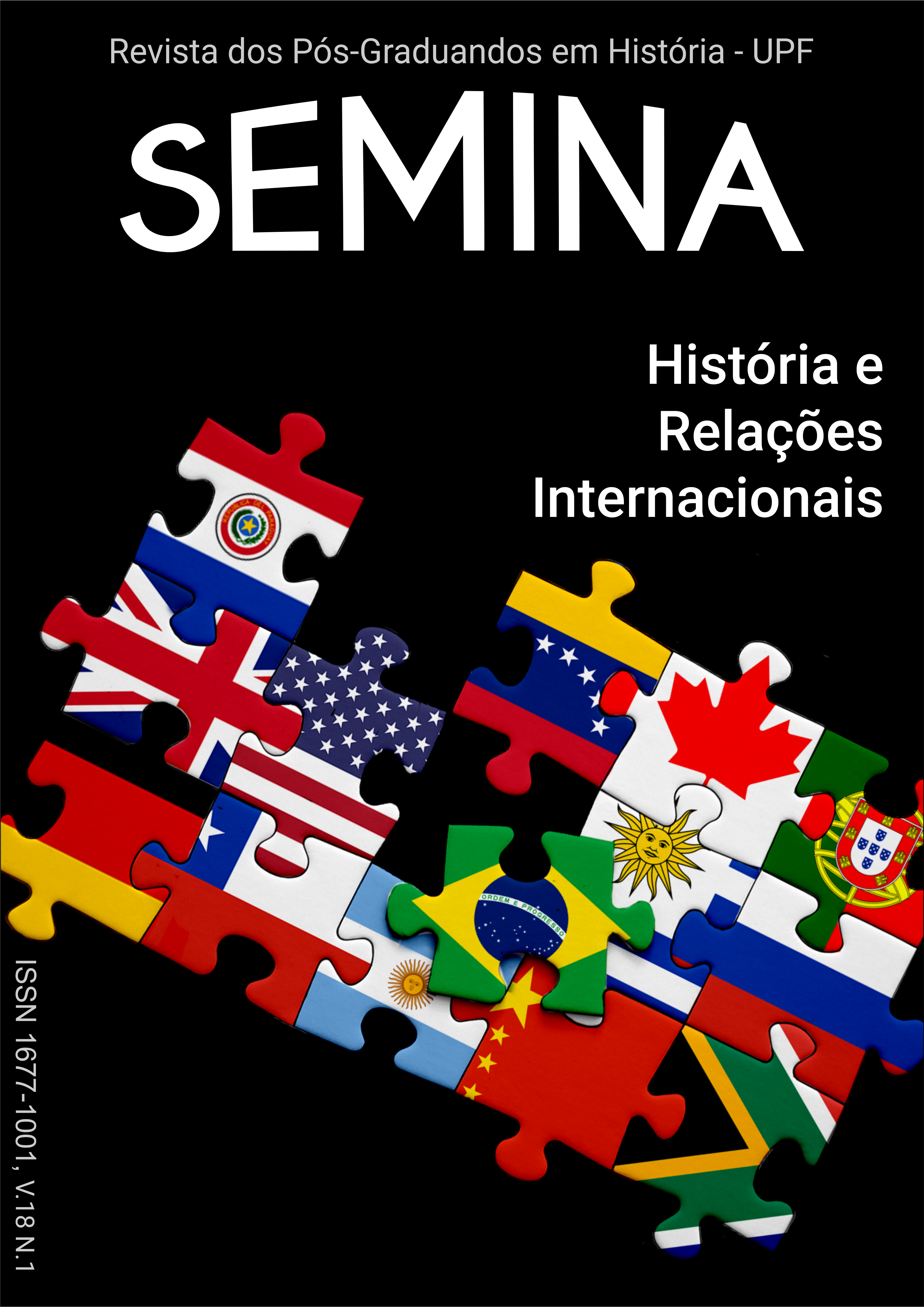Decolonizing international relations:race and racism as a category of analysis
Abstract
Abstract: According to decolonial, critical, and post-colonial literature of International Relations, the concept of race is fundamental to understand the hierarchical power structure, of which the current order of the international system is formed. The idea of race was thought in order to grant legitimacy to the imposition of the colonial conquest, from the formation of a discourse supported in the colonizing versus colonized relationship (QUIJANO, 2005). Thus, the notion of race and its differentiation served to consolidate European colonialism. However, the mainstream of International Relation's theories has neglected this category as a fundamental factor to the understanding of global power dynamics. From that, this work aims to approach the racial element's contribution to international studies through discussion of coloniality/modernity, identity and racism as structure, as well as to contribute to the International Relations theories debates. It is not the goal to disconsider the traditional theoretical contributions to the area, but to illustrate what is centrally eurocentric in the formulation of these theories, and through the racial studies, to reinterpret them with the reality of the Global South. The theoretical perspective used in this article is Post-colonialism, as well as classical, contemporary and international literature on race and racism. The techniques used is documentary with bibliographic presupposition.
Keywords: Post-colonialism. International Relations. Race. Racism.
Downloads
Downloads
Published
Issue
Section
License
Autores que publicam nesta revista concordam com os seguintes termos:
- Autores mantêm os direitos autorais e concedem à revista o direito de primeira publicação, com o trabalho simultaneamente licenciado sob a Licença Creative Commons Atribuição 4.0 Internacional – CC-BY que permitindo o compartilhamento do trabalho com reconhecimento da autoria do trabalho e publicação inicial nesta revista.
- Autores têm autorização para assumir contratos adicionais separadamente, para distribuição não-exclusiva da versão do trabalho publicada nesta revista (ex.: publicar em repositório institucional ou como capítulo de livro), com reconhecimento de autoria e publicação inicial nesta revista.
- Autores têm permissão e são estimulados a publicar e distribuir seu trabalho online (ex.: em repositórios institucionais ou na sua página pessoal), a qualquer ponto antes ou durante o processo editorial, já que isso pode gerar alterações produtivas, bem como aumentar o impacto e a citação do trabalho publicado, de acordo ainda com a democratização científica prevista pela Ciência Aberta.





